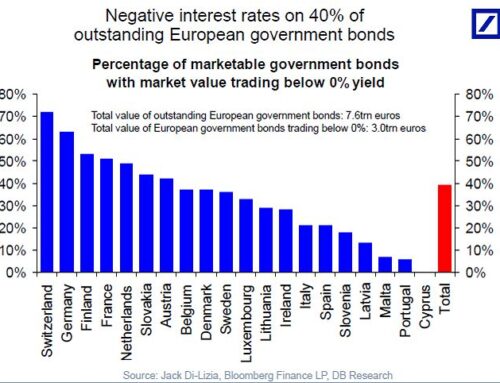You can call me a PermaBear, but I believe we are not growing, and the GDP numbers are somewhat fraudulent.
When I was a child, the budget was something boring for me. One person is talking endlessly, and sometimes other peoples appreciate it with their unique style. But after coming to BBA, I realized the importance of the budget, and from then, listening to a budget has been entertainment for me.
I saw many changes in the budget. From Different budgets for railway and General to Arun Jaitley taking a break first time to Nirmala Sitharaman making it an Indian version.
This time the budget is significant. Growth in the Indian economy is at a lower level. There may be a debate on it, but the signs are already visible. There are many expectations from this budget, but they are always there. This time the Budget is coming, and when RBI paid govt big payment in the name of returning extra capital, the Shortfall in GST collection is very high. The possibility of divestment Target being achieved is low. So the growth of income tax revenue is also lower.
On the other hand, 3 out of 4 engines of growth are not firing. Gross fixed capital formation is at an all-time low. Consumption is at an all-time low, with companies saying that biscuits are also not selling. The automobile sector is going through pain. NBFC crisis reduced the liquidity in the market. The fifth-largest Private sector lender YES Bank failed to get fresh capital. The telecom sector is looking in a bad situation, especially Vodafone Idea staring at bankruptcy. The real estate sector has its problems.
Due to this, the question is, ‘Will government keep FISCAL PRUDENCE aside and spend?’
If you asked me, the real question is whether this will help?
I have my questions. What to do to push up the demand? Tax reduction is a good theme but for what? This Government reduced corporate tax, and rightfully so, but this will not help when you have the highest NPA ratio in the banking system and your newly formed law is not looking much helpful to solve this problem. Even if the income tax rate is cut then, the question is how to increase the revenue of the Government. Right now, when the unemployment rate is high, and inflation is out of the permissible limit of RBI, RBI needs to increase the pace. That will make the private debt market costly. For spending right now, the Government right now needed to borrow more. That will again increase inflation, forcing us towards the middle-income trap.
Another problem is a large part of the Indian economy is damaged by Demonetization and GST. The strength of the Indian economy was the unorganized sector. They were largely dependent on cash as a medium of transaction. GST was not just another tax but an entirely new regime to cope with. Many of them were not able to register. Many of such businesses stopped working, affecting the organized structure as they were suppliers of many big companies. What are the plans to revive them?
Recently I listened to the Nilesh shah, Head of Kotak Mahindra Mutual fund. Though I never like him as we both keep a different view on nearly all the subjects, after listening to him, it looks like even he is accepting indirectly that something is wrong. Then I learned that the NBFC crisis is not only limited to India. It also exists in the US.
Sanjay Pugalia, another expert on the financial matter, talked about some essential views. He highlights the statement of Gita Gopinath. I also agree that this budget is critical regarding private consumption and private investment. However, while editing it, I am listening about the most significant shortfall in tax revenue in the last decade.
The picture is not rosy. Many hurdles await the finance minister.



